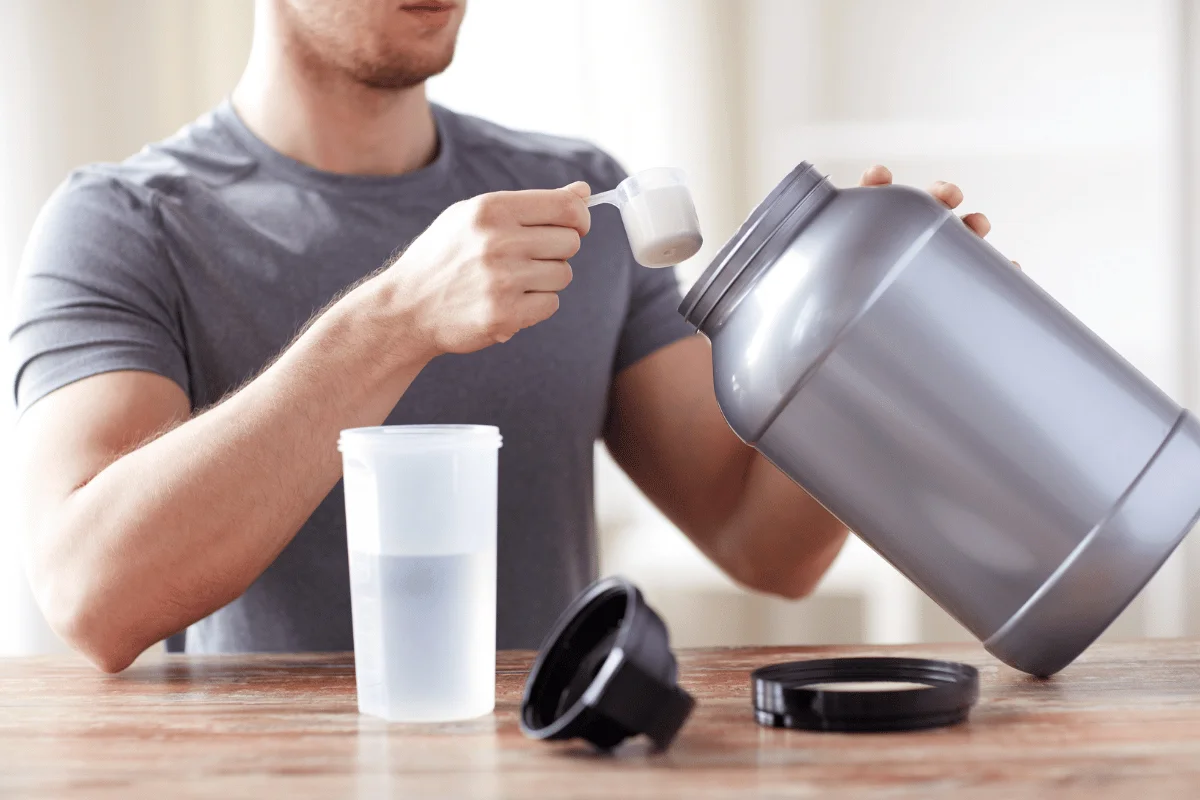[Disclaimer: The content in this article is purely for informational purposes and does not substitute medical advice. Consult a qualified medical practitioner before using any peptides or supplements.]
As an athlete, you are always looking for ways to get better at your sport. You’re probably already maintaining the three pillars of athletic performance: eating right, training, and resting.
Now, there’s a new substance that might help you do even better: peptides. These unique substances are getting a lot of attention in the sports world. They help you perform better and recover faster.
But before you rush to try them, you need to know what peptides are and if they’re safe to use. This article will list the best peptides for athletic performance and everything you need to know.
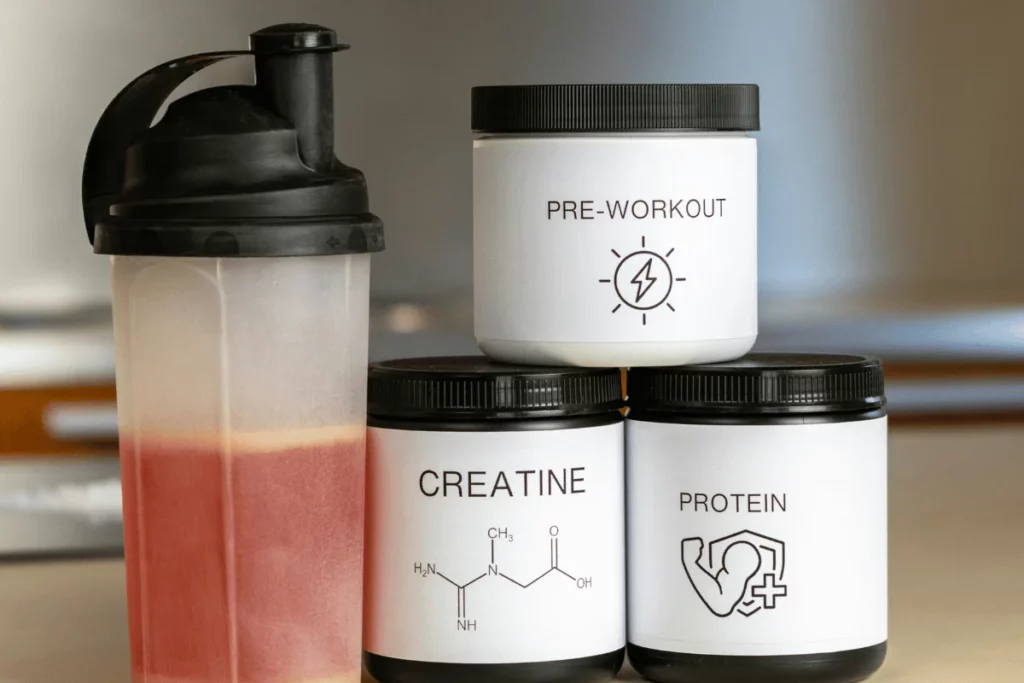
TL;DR – Best Peptides for Athletes
Before we go into the details, here’s a quick overview of the top peptides for boosting your athletic performance:
| Peptide | Best For | Key Benefits | Potential Side Effects |
| CJC-1295 | Muscle Growth | Increases growth hormone and IGF-1 for more muscle mass and strength | Fluid retention, joint pain |
| MK-677 | Muscle Growth | Boosts growth hormone for increased muscle mass and fat loss | Increased appetite, elevated blood sugar |
| Thymosin Beta-4 | Endurance | Improves blood flow and oxygen delivery to muscles | Generally well tolerated |
| AOD-9604 | Endurance | Promotes fat loss for improved cardiovascular (heart) function and endurance | Temporary hunger, skin reactions |
| BPC-157 | Recovery | Speeds up healing of soft tissue injuries | Generally well tolerated |
| TB-500 | Recovery | Facilitates tissue and muscle injury recovery | Generally well tolerated |
Want to stay ahead of the curve in athletic performance enhancement? Take advantage of the latest peptide research and insights! Sign up for our newsletter and get expert tips on peptides, bioregulators, and biohacking!
What Are Peptides?
Peptides are short chains of amino acids, typically containing between 2 and 50 amino acids. They are the building blocks of proteins in our body. While proteins are our bodies’ workhorses, peptides act more like messengers, carrying out specific tasks and triggering various biological processes.
Certain peptides boost the production of human growth hormone (HGH) and insulin-like growth factor-1 (IGF-1).
These are anabolic hormones that facilitate:
- Muscle growth and repair
- Enhancing endurance and stamina
- Body composition improvements
- Accelerating recovery from injuries (post-workout)
- Improving overall athletic performance
These benefits make peptides enticing supplements for athletes.
How Peptides Work in the Body
To understand how peptides can benefit you, you need to know how they function in the human body.
The power of peptides lies in their ability to bind to specific receptors on cell surfaces, triggering various biological responses.
Here’s a simplified breakdown:
- Signaling: Peptides act as signaling molecules, communicating with different cells and tissues in the body.
- Hormone-like Effects: Some peptides can mimic the effects of hormones, stimulating growth and repair processes.
- Tissue-specific Actions: Certain peptides target specific tissues, such as muscle or connective tissue, enhancing their function and repair.
- Metabolic Regulation: Peptides can influence various metabolic processes, including protein synthesis and fat metabolism.
These effects allow peptides to directly and indirectly aid muscle building, endurance, and recovery.
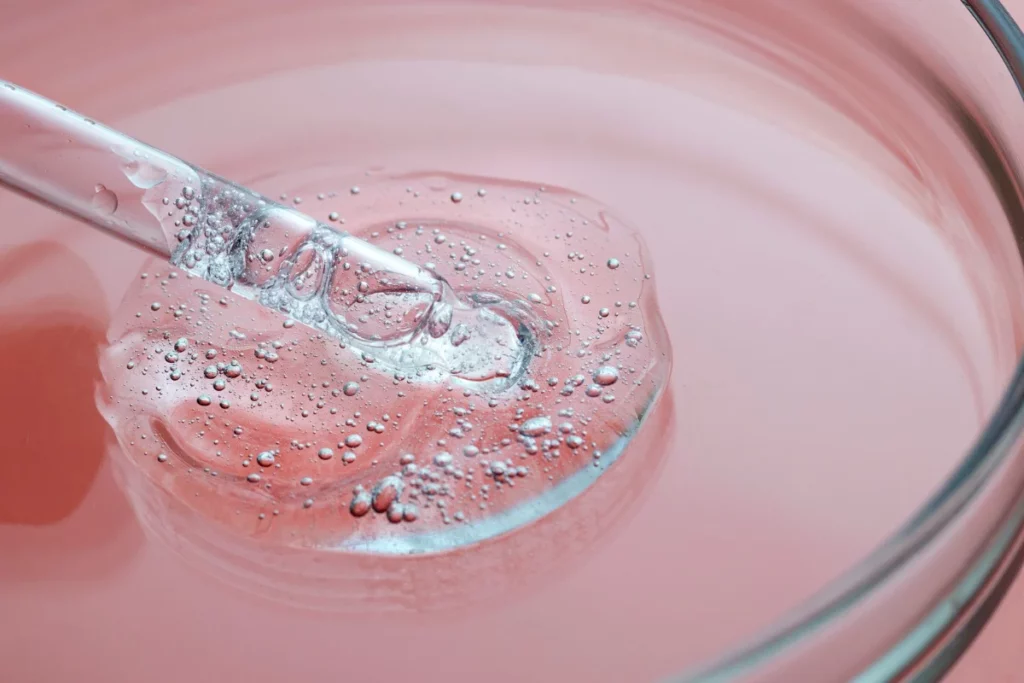
Key Benefits of Peptides for Athletes
Now that we understand the basics let’s explore the primary benefits that make peptides so appealing for athletes:
- Increased Muscle Mass & Strength: Growth hormone-stimulating peptides can boost protein synthesis and IGF-1 to facilitate muscle fiber growth beyond normal levels (muscular hypertrophy ) and improve strength.
- Enhanced Endurance: Certain peptides may improve oxygen utilization and cardiovascular function, boosting stamina and endurance.
- Faster Recovery: Peptides can accelerate recovery from intense workouts and injuries by promoting tissue repair and reducing inflammation.
- Improved Joint Health: Collagen peptides, in particular, can support joint health (by strengthening connective tissues like tendons and ligaments) and function, which is crucial for athletes.
- Fat Loss: Some peptides may help mobilize and burn fat, contributing to improved body composition.
- Better Sleep: Some peptides can enhance sleep quality, essential for optimal recovery and performance.
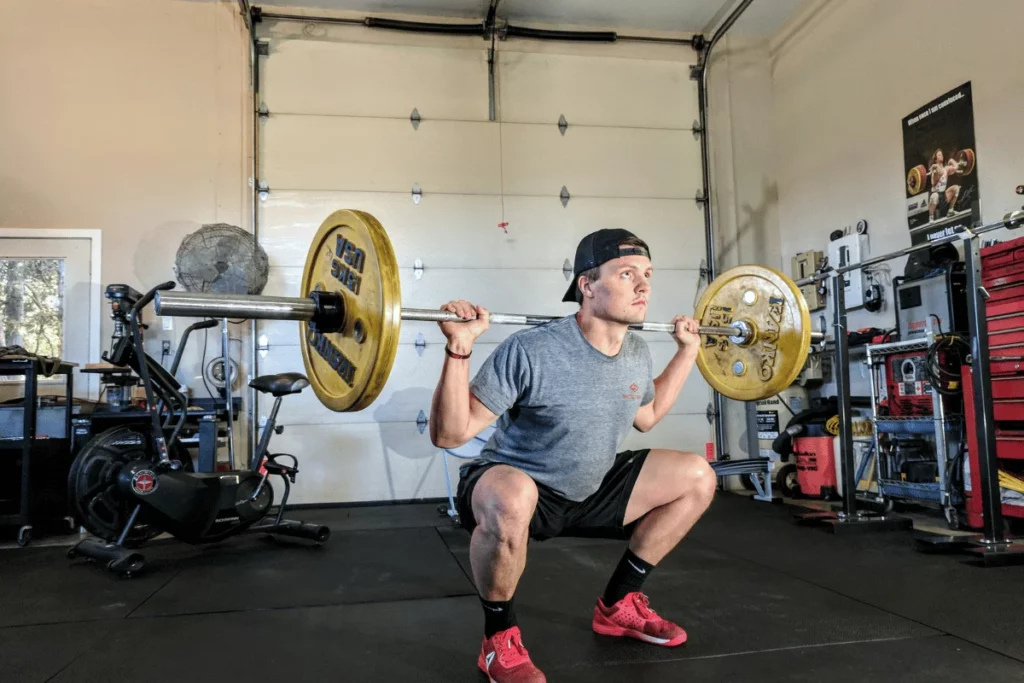
Best Peptides for Athletic Performance
Let’s explore popular peptide supplements for muscle growth, endurance, and recovery in detail.
These are part of the top peptides that improve health and athletic performance.
Peptides for Muscle Growth
Every athlete wants to boost their strength. Here are two peptides that can help you pack on some muscles:
1. CJC-1295
CJC-1295 is a synthetic peptide that mimics growth hormone-releasing hormone (GHRH). It’s gaining popularity among athletes for its potential to increase muscle mass and strength.
Here’s how it could work:
- Stimulates the pituitary gland to release more growth hormone (GH)
- Promotes muscle growth and protein synthesis
- Improves nutrient utilization and muscle recovery
A study published in the Growth Hormone & IGF Research Journal found some exciting results.
Researchers noticed changes in specific blood proteins after just one week of CJC-1295 injections. They concluded that these changes could potentially link to increased protein synthesis, which is crucial for muscle growth.
Another study looked at the effects of CJC-1295 over a longer period. They found:
- Dose-dependent increases in GH concentrations (2 to 10 times higher) lasting six days or more
- Increases in IGF-1 concentrations (1.5 to 3 times higher) for 9-11 days
- No severe side effects
The effects of CJC-1295 last a while. After multiple doses, IGF-1 levels stay above baseline for up to 28 days. That’s nearly a month of potential muscle-building benefits!
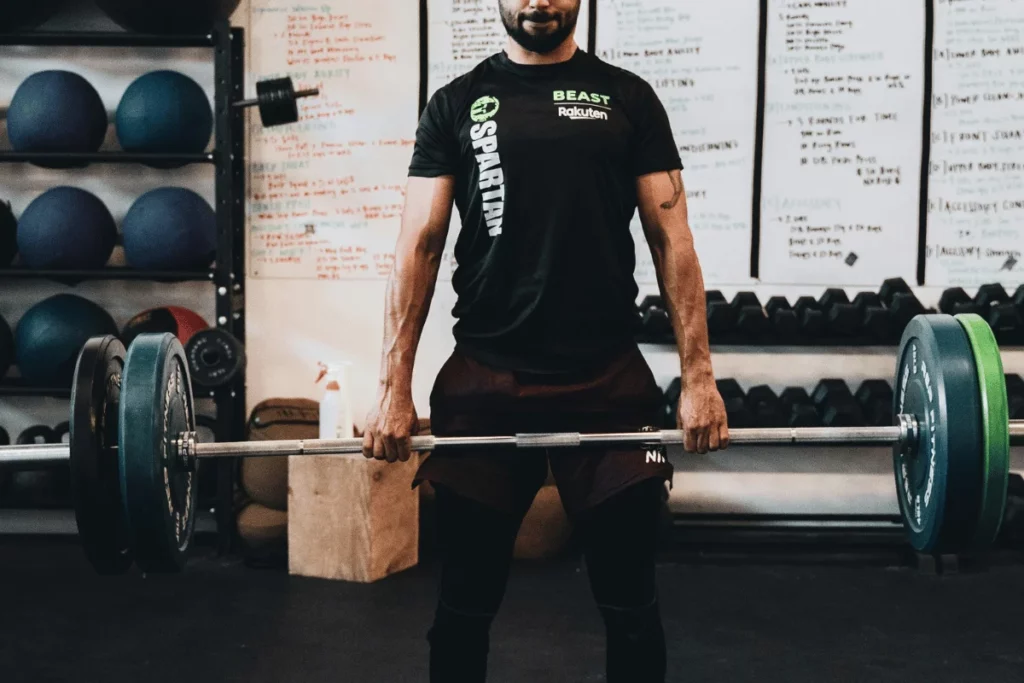
2. MK-677
Next up is MK-677, also known as Ibutamoren. Like CJC-1295, it stimulates the pituitary gland to produce more growth hormone. But MK-677 is particularly good at preventing muscle wasting.
Here’s what the claims suggest:
- Boosts production of growth hormone
- Helps build muscle mass
- Speeds up fat loss
- Prevents muscle wasting in older adults and those with certain medical conditions
A study in the International Journal of Endocrinology tested this peptide by giving it to men aged 50-70 and having them do leg presses for 6 months.
The results? The guys taking MK-677 showed increased body muscle strength compared to the placebo group.
But it’s not just for elders. Bodybuilders may also use MK-677 for rapid body recomposition (building muscle and burning fat simultaneously).
Peptides for Endurance
Muscles won’t help much if you can’t last long in the game.
These peptides can help boost your stamina and endurance, a key aspect of biohacking with peptides for optimal performance:
3. Thymosin Beta-4 (TB-4)
Thymosin Beta-4, or TB-4 for short, is a Jack-of-all-trades in the peptide world. While it’s best known for helping with injury recovery (more on that later), it’s also got some impressive endurance-boosting properties.
Here’s what TB-4 does:
- Binds with actin to promote cell migration
- Helps form new blood vessels
- Aids in tissue regeneration
- Reduces scar formation
TB-4 can also boost endurance. A study in the Journal of Cytotherapy examined patients with a specific type of heart attack, acute ST-segment elevation myocardial infarction (STEMI).
After six months of taking TB-4, these patients could walk an extra 37.5 meters in 6 minutes compared to the control group.
Let’s break down the numbers:
- Control group: Increased walking distance by 38.2 m (from 263 ± 42 m to 302 ± 34 m) over 6 minutes.
- TB-4 group: Increased walking distance by 75.7 m (from 264 ± 42 m to 340 ± 44 m) over 6 minutes.
That’s nearly double the improvement!
Remember: These were people recovering from heart attacks. Although there is a lack of research, this could indicate a potentially similar effect for healthy athletes as well.
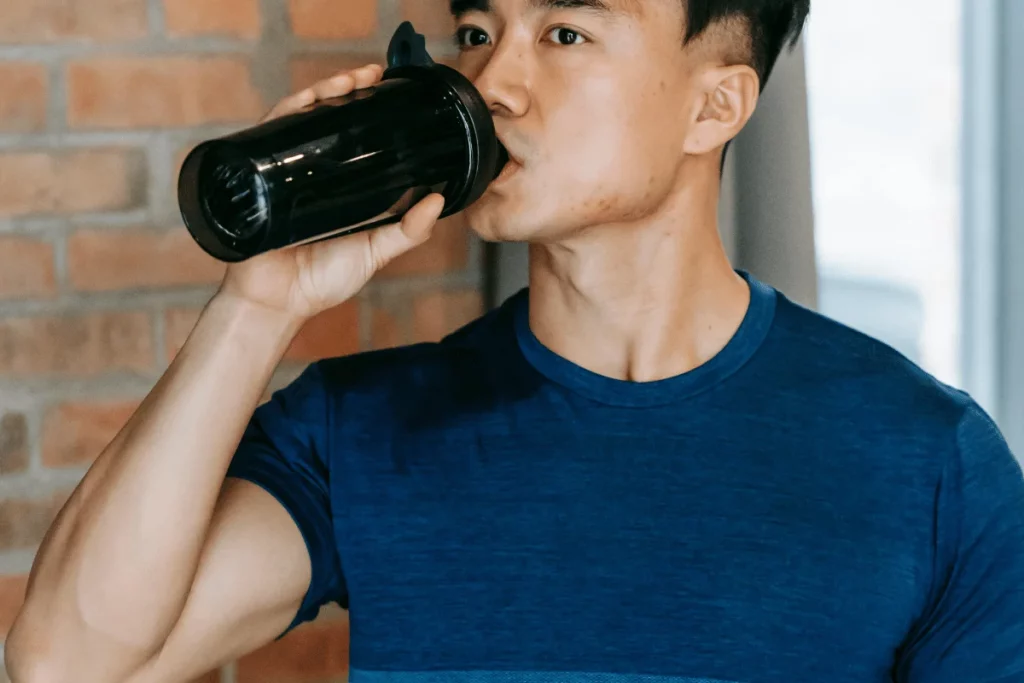
4. AOD-9604
AOD-9604, or Anti-Obesity Drug-9604, could be a savior! This synthetic peptide is based on human growth hormone and works by:
- Stimulating the pituitary gland
- Speeding up metabolism
- Promoting faster fat loss
What does fat burning have to do with endurance? Well, carrying extra weight puts unnecessary strain on your cardiovascular system.
The lesser your body fat content, the easier it is for your heart to pump oxygenated blood and nutrients to your muscles. And that means better endurance.
An Australian study tested AOD-9604 by giving it to 300 obese patients daily for 12 weeks. The group taking 1mg of AOD-9604 lost an average of 2.8 kilograms (about 6.2 pounds), more than triple the weight loss of the placebo group!
But here’s the thing – AOD-9604 isn’t a magic pill. It won’t override a bad diet or lack of exercise. Think of it as a tool in your arsenal, not a replacement for healthy habits.

Peptides for Recovery
You can’t perform at your best if you’re constantly nursing an injury.
Here are two peptides that can help you with both injury recovery and post-workout recovery:
5. BPC-157
BPC-157 stands for Body Protecting Compound 157. It’s a chain of 15 amino acids naturally occurring in our stomach juices. This peptide is a powerhouse when it comes to healing.
Here’s what BPC-157 does:
- Promotes healing and cell regeneration
- Speeds up angiogenesis (formation of new blood vessels)
- Helps heal tendon-to-bone damage
- Speeds up recovery from musculoskeletal injuries
A Journal of Medical Science Monitor study examined how BPC-157 affected muscle healing in rats with crush injuries.
The results were impressive:
- BPC-157 sped up muscle healing
- It helped restore full function faster
- It improved muscle healing even when the rats were given corticosteroids (which usually slow healing)
But that’s not all. Another study published in the Journal Molecules found that BPC-157 helped speed up ligament healing in rats.
The researchers found that:
- BPC-157 significantly increased the expression of growth hormone receptors in tendon fibroblasts by up to sevenfold, both at the mRNA and protein levels.
- This increase was dose-dependent and time-dependent.
- When growth hormone was added to BPC-157-treated tendon fibroblasts, it increased cell proliferation.
- BPC-157 pretreatment enhanced the activation of JAK2, a key signaling molecule in the growth hormone pathway.
These findings suggest that BPC-157 may enhance tendon healing by making tendon cells more responsive to growth hormones, promoting faster tissue repair and regeneration.
These are animal studies with potentially positive implications for humans. More human research on BPC-157 still needs to be done. Please consult with a healthcare professional before considering any new supplement or treatment.
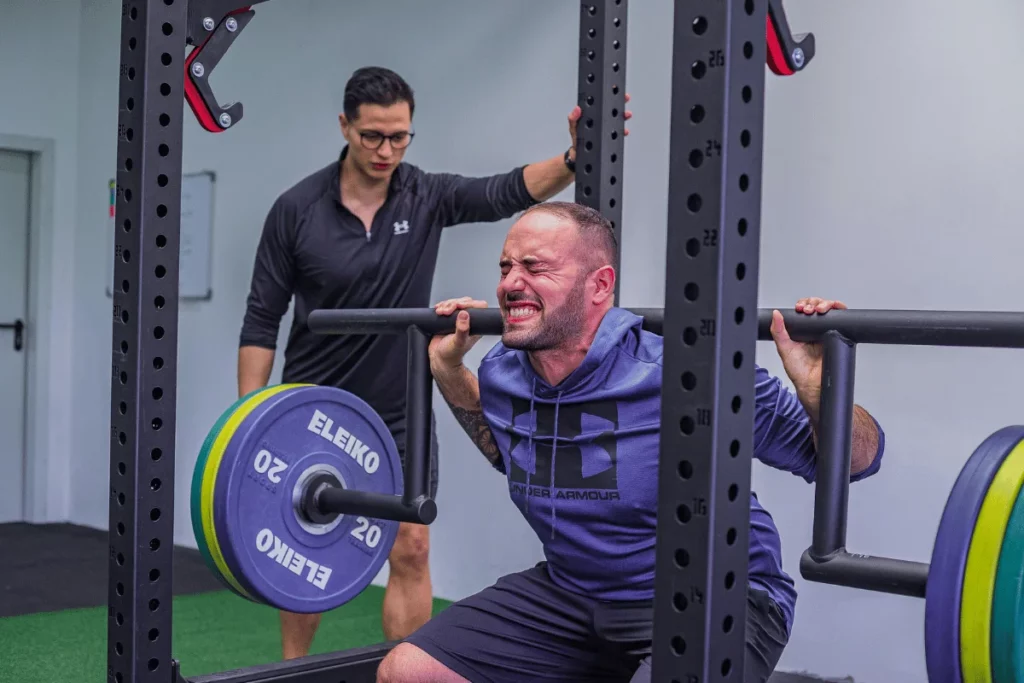
6. TB-500
Last but not least, we have TB-500. This is the “active” part of Thymosin Beta-4 that we talked about earlier. However, while TB-4 is a multitasker, TB-500 is laser-focused on recovery.
TB-500 works in three main ways:
- Upregulates actin, a protein that helps restore and maintain cell structure
- Promotes angiogenesis (formation of new blood vessels)
- Boosts the expression of growth factors that help with healing
A study on rats with transected ligaments found that those treated with TB-500 recovered their biochemical function and regrew their collagen fibers evenly.
The TB-500 treated rats had:
- More uniform and evenly spaced fiber bundles
- Significantly increased collagen fibril diameters
- Better mechanical properties in the healing tissues
But TB-500 isn’t just about physical healing. Another study found it helps with pain relief. When rats were given TB-500 during a pain experiment, the ones with more TB-500 in their system seemed to feel less pain.
As exciting as this sounds, we must remember that these are animal studies. While they give us some great clues about how TB-500 might help human athletes, we still need more research on people to know for sure.
But the potential is definitely there, and it’s why TB-500 is getting a lot of attention in the world of sports recovery.
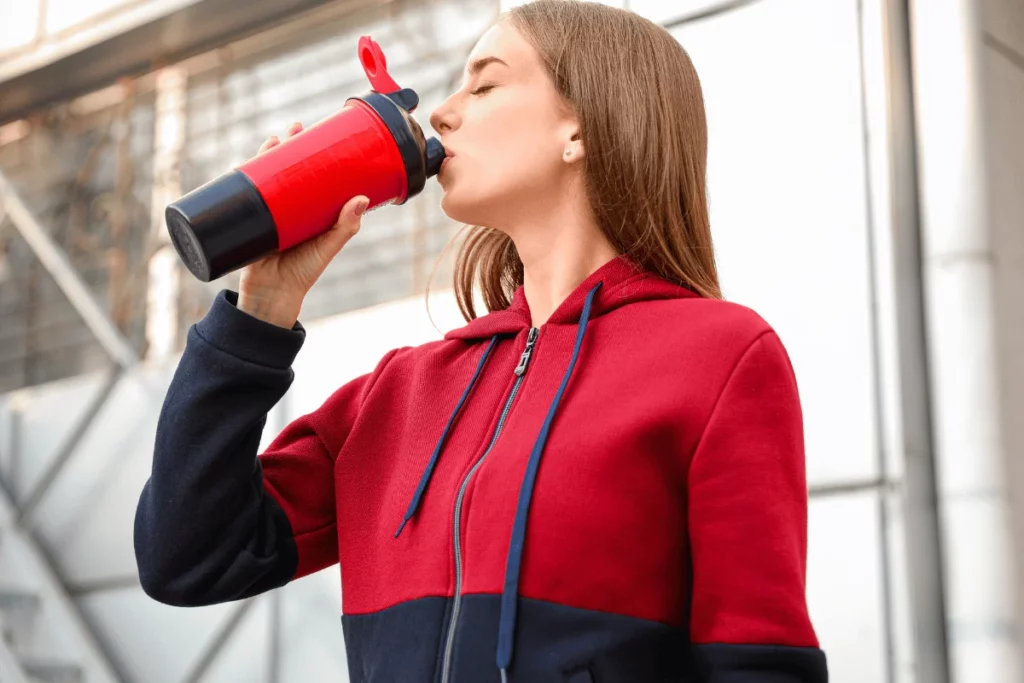
How to Choose the Right Peptide You Need
Consider your fitness objectives, sports demands, and current supplement usage when selecting appropriate peptides:
- Goals: Muscle gain, endurance, or recovery? Different peptides target different aspects.
- Training Phase: When not participating in tested competitions, you can adjust peptide choice based on goals during off-season growth phases (more muscle building) versus in-season recovery phases (enhanced healing).
- Combination Strategies: Stack multiple peptides (e.g., growth + recovery) for synergistic benefits.
- Cycling: Take breaks from using peptides after long periods to prevent their effectiveness from decreasing. Constant peptide use can make your cells’ peptide receptors less responsive over time.
- Legality & Regulations: Be aware of the legal status of peptides in your region and any restrictions imposed by athletic organizations.
The legalities might change with more research since new peptides enter the market daily.
Subscribe to our newsletter today to learn firsthand about peptide science, legal status, and best practices for athletes.
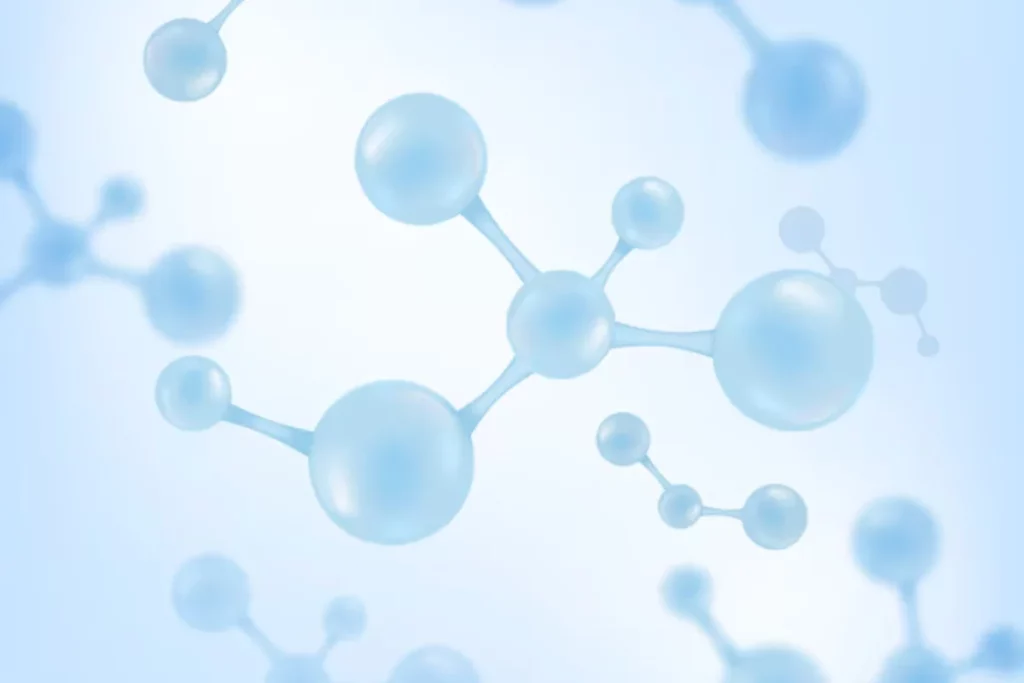
Common Side Effects of Using Peptides for Athletes
When following medical advice on appropriate peptides and dosages, side effects are relatively rare.
However, possible adverse reactions can include:
- Injection Site Reactions: Redness, pain, or swelling at the injection site
- Water Retention: Some peptides can cause temporary fluid retention
- Headaches: Particularly common with growth hormone-related peptides
- Gynecomastia: Male breast tissue growth
- Joint Pain: Can occur with rapid muscle growth
- Increased Appetite: Some peptides may stimulate hunger
- Changes in Blood Sugar Levels: Particularly with IGF-1-related peptides
Tip: Purchase peptides from reputable and tested sources to reduce contamination and quality risks.

Frequently Asked Questions (FAQs)
Below are answers to common queries on peptide usage in athletes:
Are Performance-Enhancing Peptides Legal for Use in Athletic Competition?
No, the World Anti-Doping Agency (WADA) prohibits nearly all performance-enhancing peptides, such as GHRPs (CJC-1295 and IGF-1 LR3) and peptide hormones. Their use in professional sports may lead to failed drug tests, scrutiny, suspensions, or competition bans.
However, some peptides, like collagen and anti-aging peptides, are generally considered legal and safe for use in competition.
Can Peptides Be Used Alongside Other Supplements?
Yes, peptides can complement supplements like proteins, amino acids, and creatine.
However, potential interactions between peptides and certain supplements are unknown, so always consult a professional before introducing any new supplement.
How Quickly Can Results Be Seen with Peptide Use?
Timelines vary based on peptide type, dose, administration method, lifestyle, and genetics.
However, noticeable benefits generally can be seen within several weeks for recovery and 3-6 months for maximal muscle growth or body composition changes. Consistent usage is vital.
Conclusion – Peptides For Athletic Performance
As with any performance-enhancing strategy, peptides should be viewed as a complement to (not a replacement for) proper training, nutrition, and recovery practices. Remember, your health and long-term health should always be the top priority.
Consult with healthcare professionals, stay informed about the latest research, and make decisions that align with your personal goals and values.
Stay updated on peptides and how to use them safely by joining our newsletter. Get the latest research and tips sent to your inbox. We share new science-backed advice to help you boost performance legally and ethically!


